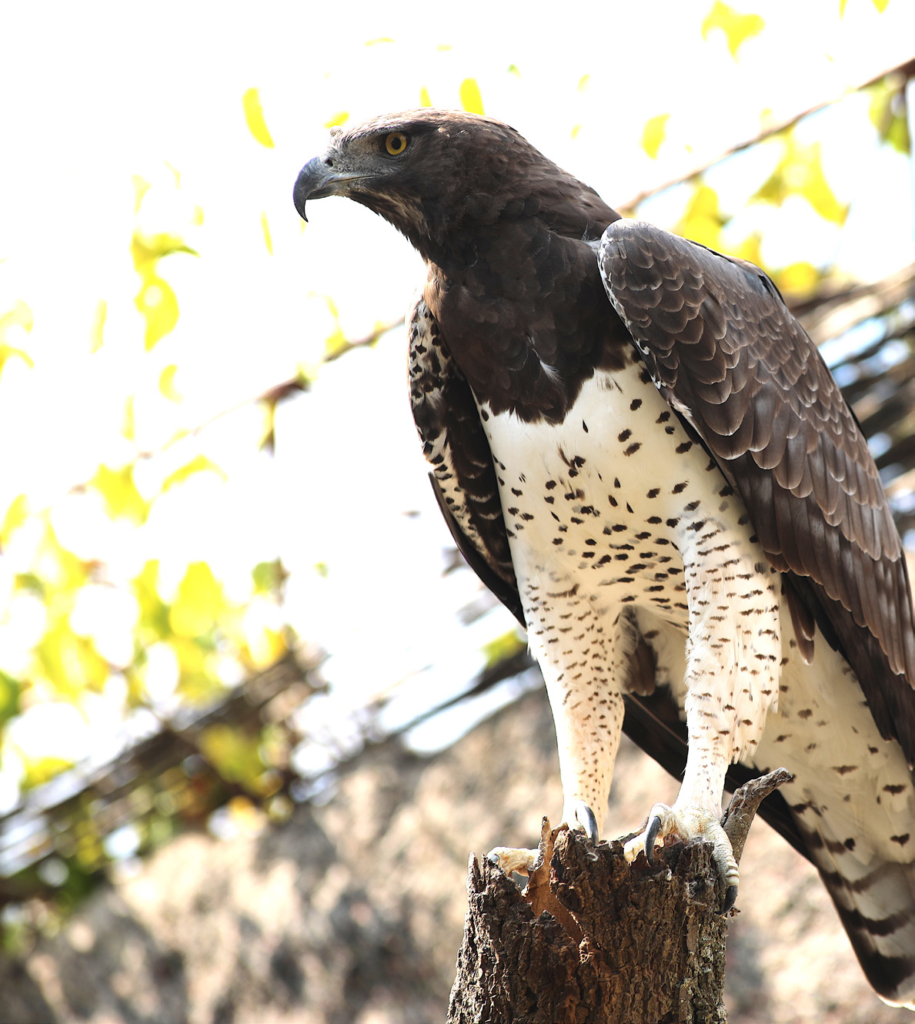The coexistence of humans and nature is said to occur if humans learn to live in harmony with nature but what does living in harmony with nature mean? Are humans able to live in harmony with nature?
The plethora of challenges being faced by the world today such as climate change, biodiversity loss, deforestation, land degradation, waste, global warming could be a clear indication that human beings are failing to live in harmony with nature as they have left a massive trail of destruction on the natural ecosystems. Environmental activists purport that in this complicated relationship between humans and nature, humans are more dependent on the latter and nature can actually function without humans because it has always regulated itself.
The interference of humans in natural ecosystems has compromised the ability of nature to regulate itself by offsetting some of nature’s natural processes. One way we are doing so is by causing the loss of biodiversity, in the process causing the extinction of keystone species which play a very critical role in the ecosystem. Anthropogenic factors are the single leading cause of biodiversity loss in the world and even the winged inhabitants of the sky have not been able to escape and save themselves from the reach of humans.
In this issue under the Birds of All Kind section we focus on Vultures also known as Nature’s Clean-up Crew as we build momentum towards the International Vulture Awareness Day (IVAD). The International Vulture Awareness Day (IVAD) is commemorated globally on the first Saturday of September every year. This day has been set aside to raise awareness on vultures across the globe and conservation efforts of a species whose population has been drastically dwindling over the years. According to Birdlife Zimbabwe, Vultures are the most threatened bird species and their greatest threat being humans.

Vultures are one of the least celebrated bird species whose presence in the ecosystem can be hardly recognised but absence can be greatly felt. They play a very important role in keeping the natural ecosystem clean thereby safeguarding the health of the ecosystem. Vultures also prevent the spread of lethal diseases such as anthrax, cholera, rabies and Botulism. There are23 species of vultures found in the world and of these species, 11 species are found in Africa. Vultures are Critically Endangered birds in Africa with 7 vulture species listed as Critically Endangered birds under the IUCN Red List. Zimbabwe is home to 6 species of vultures namely Lappet-faced Vulture, White-backed Vulture, White-headed Vulture, Hooded Vulture, Cape Vulture and Palmnut Vulture.

Their numbers have been declining, with populations in Africa said to be decreasing at a very alarming rate of over 80%, putting them in a grave danger of extinction. The leading cause of vulture deaths is deliberate and unintentional poisoning by poachers. One poisoned elephant carcass can kill up to hundreds of vultures at the same time. Vultures have been found after feeding on poisoned elephant carcasses. Electrocution by electric poles, use in traditional medicines and habitat loss are also other causes of the declining numbers of vultures. The death rate of these species far exceeds the birth rate.

Banning of commercial trade of the species can also increase the demand of the species on the global market which in turn fuels poaching of vultures further threatening the species hindering conservation efforts.
The conservation of the African Vultures requires a holistic approach due to the complexity of the threats being faced by these bird species. A lot is being done in their conservation such as Vulture Restaurants and Vulture rehabilitation centres for wounded, sick and orphaned vultures. However, a lot still needs to be done as far as poising of vultures is concerned. The world cannot afford to lose Vultures as it will have major implications on the global health of human beings. The least we can do now as humans is to prevent the remaining species from going extinct and causing further destruction of natural ecosystems. As they say, we did not inherit the earth from our grandparents but we borrowed it from our children.




